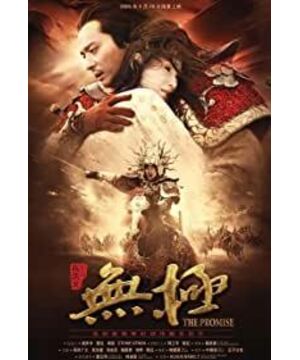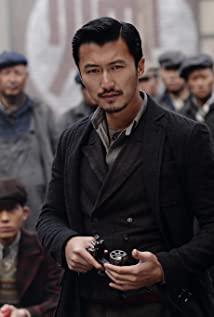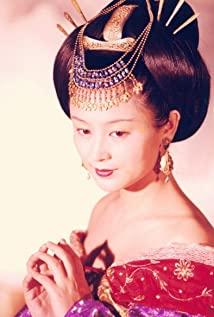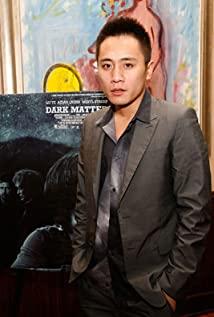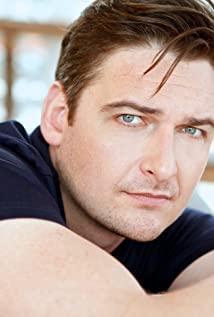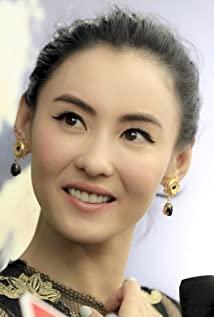When you walk into the cinema, you will have more than two choices, for example, whether to watch "If Love" or "Wuji", and my choice is the latter. The fledgling Chinese commercial films seem to have the same effect as TV series, lacking in new ideas, and there are many traces of imitation and grafting, but they are still easily accepted by the public. After all, development has a process.
I glanced at the comments related to the film, and one sentence seems to be in line with the identity of a bystander and a layman: In any case, a film that can arouse controversy is a success.
To say that Promise is a movie about promise, integrity and love, I am more suitable to accept my own opinion: about choice. When Qingcheng said to the steamed bun in his hand, "I do." At that moment, the story began. It's not difficult for a little girl in rags to survive on the edge of war to choose between steamed bread and love, isn't it? Is it difficult for a woman who has been loved and hated by thousands of pets to choose between steamed buns and love? As for Kunlun's knife, if it is really cut, maybe the plot will be more interesting. As for Guilang's clothes, there seems to be no difference between taking it off and not taking it off (if it's not for the ending), but Guangming is the cutest one in it, but it's a pity that the god in this movie is the one who fights with him (full of gods' words It's the truth) ~~~~~ And all of this, in fact, has nothing to do with promises, just a more appropriate choice at the time and place.
Of course, the lines are indeed somewhat humorous. When Wuhuan first appeared on the stage and spoke in ambiguous Mandarin after Wang's coherent lines, I laughed. I couldn't help laughing like that, and I was secretly praising that Wang's The eloquence is good... and the character of this usurper is too vague, and I don't know if it was in a bird cage that Qingcheng used a knife to compare his neck with a fright or something. Those who are either sinister or sinister or painstakingly attentive usurpers should have the excellent temperament. And, what was his motive? Is it just because a little girl made him lose an opportunity to be a good man by taking slaves? In fact, if the roles of Liu Ye and Xie were exchanged, would the effect be better? There is also the mystery that Manshen keeps repeating: "This is Wuji's secret; Wuji will tell you the answer," he said very embarrassingly, very humorous.
The usurper with childhood shadow, the boyish general, the king whose marriage failed, the assassin who cried bitterly with Kunlun in his arms, except Kunlun, I don't know what happened to the other men in the movie, they all seem to lack a normal masculinity, but The reason is not difficult to imagine, the god of others is originally a lady.
And perhaps the most touching thing is not the sad tears that Guangming has endured for a long time, nor is Liu Ye's black clothes that should have been washed long ago taken off, when Kunlun tried to take Qingcheng away like a kite, Qingcheng The moment of wearing a thousand feather clothes is like spreading wings, which is enough to overshadow all the rich and colorful renderings of this film, such an extreme beauty. Who said a smile can't be alluring? At that moment, Cecilia Cheung's smile really reminded people of her name: Allure.
And what is the final point of the film? Going back in time and reversing what the audience just saw happened? Or maybe I just want to say something that many people keep in their hearts and never mention it: Destiny can be changed.
View more about Wu ji reviews


